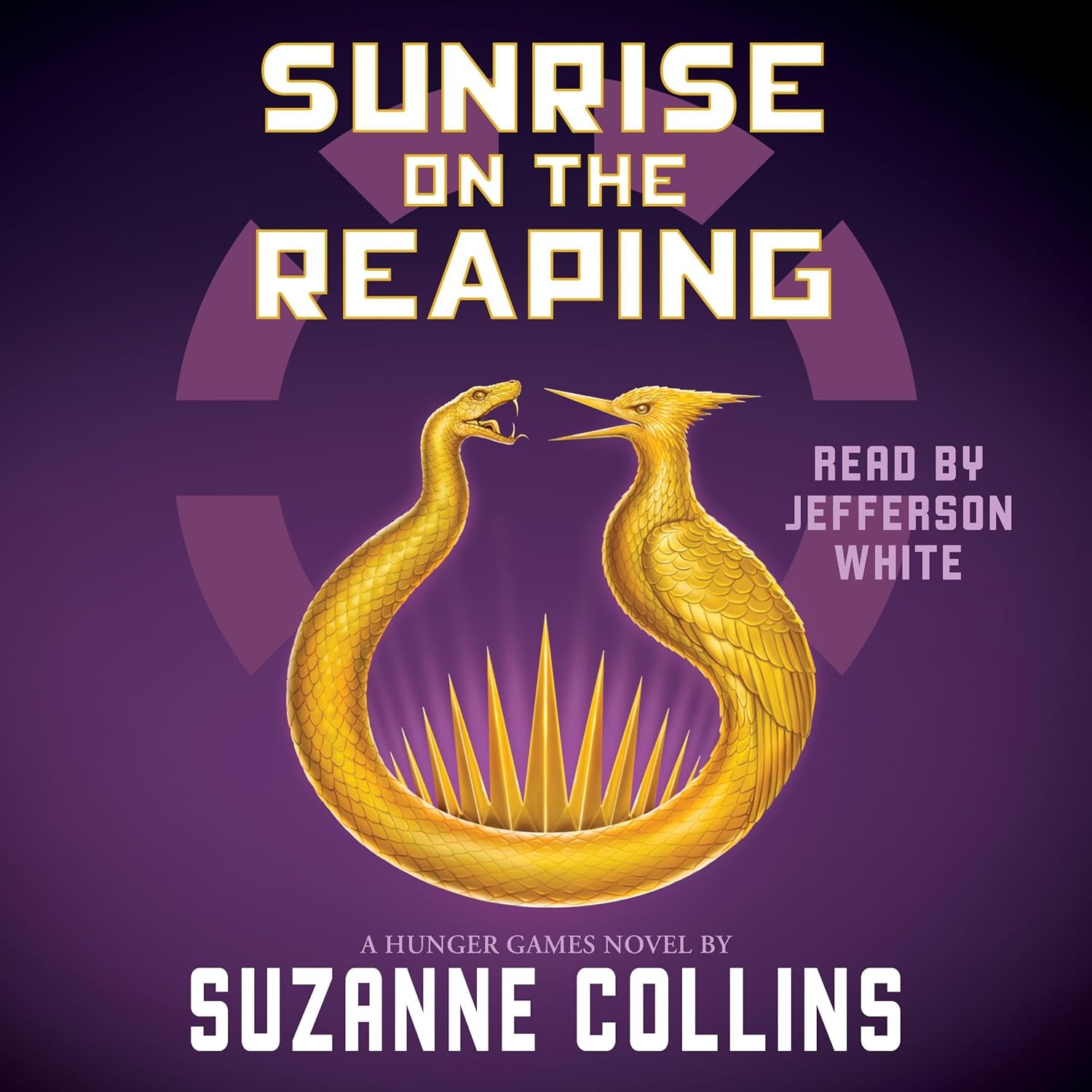Sunrise on the Reaping (A Hunger Games Novel) (The Hunger Games)
Page 277 Review
The Price of Independence: A Commentary on Isolation in the Arena
Suzanne Collins masterfully explores themes of isolation, trust, and self-preservation in this excerpt. The protagonist’s decision to sever ties with potential allies, Maysilee and Lou Lou, highlights the heavy burden of knowledge and the sacrifices demanded by survival. Let’s dissect the emotional and strategic complexities at play here.
The Weight of Secrets: A Solitary Path
The opening lines immediately establish the protagonist’s internal conflict: “It doesn’t make me happy to break from them.” This reveals a reluctance to abandon potential companionship, suggesting a deep-seated human need for connection. However, the protagonist recognizes the inherent danger of alliance, particularly given their unique knowledge and circumstances. The quote, “Look, who knows what will happen in there? We may end up crossing paths. But I can’t make you pay for choices I’ve made,” underscores this concern. The arena is a volatile environment, and any association carries the risk of collateral damage. The protagonist’s “choices” likely refer to actions taken or information possessed that could jeopardize others, a burden they are unwilling to impose.
The Cost of Protection: A Necessary Evil?
Maysilee’s directness, “Okay,” says Maysilee. “So we’re back to where we were on the train. You don’t want us for your allies,” demonstrates a keen understanding of the situation. This exchange emphasizes the protagonist’s deliberate rejection of alliance, prompting a clarification: “I don’t want anybody.” This stark declaration underscores the protagonist’s commitment to self-reliance, even at the cost of companionship. The phrase, “It’s lonely going rogue,” poignantly captures the emotional toll of this decision. The protagonist acknowledges the isolation inherent in their chosen path, revealing a vulnerability beneath the hardened exterior.
Secrets and Subterfuge: Protecting the Innocent
The protagonist’s desire to confide in Maysilee and Lou Lou is palpable: “I wish I could tell them everything. About the plot. About speaking to Lenore Dove. About Snow’s warning and Plutarch’s rising sun.” This internal monologue reveals the weight of the secrets they carry. The references to “the plot,” “Lenore Dove,” “Snow’s warning,” and “Plutarch’s rising sun” hint at a larger conspiracy or plan, the details of which are deliberately obscured. The decision to withhold this information is framed as a protective measure: “But all that would do is invite questions and ultimately cause trouble, so that’s where I leave it.” The protagonist believes that ignorance is bliss, shielding their potential allies from the dangers they themselves face.
Dreams and Omens: Haunted by the Past
The subsequent description of sleeplessness and recurring dreams adds a layer of psychological depth to the narrative. “Lou Lou’s immediately dead to the world and the rest of us toss and turn a lot. I keep dreaming about Lenore Dove, then snapping awake.” The mention of Lenore Dove suggests a significant figure from the protagonist’s past, possibly linked to the secrets they are guarding. The recurring dream, coupled with the awareness of Lenore Dove’s “name song” hitting “way too close to home,” underscores the protagonist’s unease and sense of foreboding. The excerpt from the poem, featuring the raven and the word “Nevermore,” introduces a sense of impending doom and irreversible loss.
The Raven’s Warning: A Premonition of Tragedy
“Tell this soul with sorrow laden if, within the distant Aidenn, It shall clasp a sainted maiden whom the angels name Lenore — Clasp a rare and radiant maiden whom the angels name Lenore.” Quoth the Raven “Nevermore.”” The poem fragment perfectly encapsulates the themes of loss, despair, and the impossibility of reconciliation. The raven’s pronouncements serve as a constant reminder of the protagonist’s own potential for tragedy, a chilling premonition of what may lie ahead.
In conclusion, this excerpt paints a compelling portrait of a character grappling with difficult choices in the face of overwhelming adversity. The protagonist’s decision to isolate themselves is not born of malice, but of a deep-seated desire to protect others. However, the emotional toll of this isolation, coupled with the haunting imagery of the dream and the poem, suggests that this path may lead to further suffering. The excerpt leaves the reader with a sense of foreboding, wondering whether the protagonist’s sacrifices will ultimately be in vain.
Buy full ebook for only $15: https://www.lulu.com/shop/suzanne-collins/sunrise-on-the-reaping-a-hunger-games-novel-the-hunger-games/ebook/product-e7496ww.html?page=1&pageSize=4
Read more: Survival and Hope: Analyzing The Hunger Games Excerpt

